Hemangiomas in pediatric patients pose a special challenge because the proper way to proceed might not be clear immediately, according to panelists at the Triological Society Combined Sections Meeting.
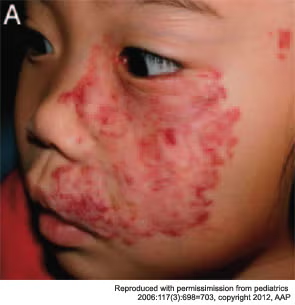

Hemangiomas in pediatric patients pose a special challenge because the proper way to proceed might not be clear immediately, according to panelists at the Triological Society Combined Sections Meeting.
Born in Council Bluffs, Iowa, Patrick Edgar Brookhouser, MD, grew up in Missouri Valley, Iowa, where he graduated valedictorian from the local high school. His intellect and natural curiosity earned him numerous academic awards, and he graduated from Creighton University summa cum laude and from Johns Hopkins Medical School as a member of Alpha Omega Alpha.

Although steroids are widely used to treat a variety of otolaryngologic conditions, the short- and long-term side effects remain a concern and fuel the need to better understand their proper role. Contributing to the ongoing controversy over their use are gaps in the evidence, panelists said here Sept. 12 at the American Academy of Otolaryngology-Head and Neck Surgery Annual Meeting.
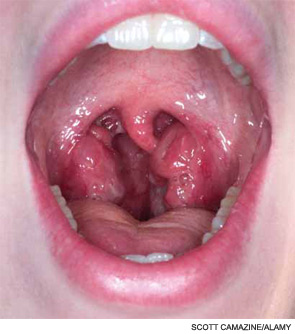
For otolaryngologists seeing increasing numbers of children with sleep-disordered breathing, whether or not to refer children for a polysomnography (PSG) prior to surgery is not a decision easily made. Currently, only about 10 percent of otolaryngologists request a sleep study in children with sleep-disordered breathing prior to surgery.

The most significant danger to children now is obesity, and of the many related comorbidities that affect obese children, obstructive sleep apnea (OSA) will impact a child’s life more than anything else, according to Carole Marcus, MD, an invited lecturer here last month at SLEEP 2011, the 25th Annual Meeting of the Associated Professional Sleep Societies.Dr. Marcus is a professor of pediatrics at the University of Pennsylvania and director of the sleep center at Children’s Hospital of Philadelphia.
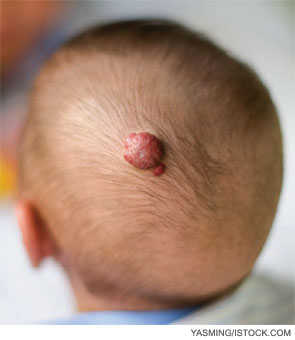
Since the first report in 2008 of the effectiveness of propranolol to treat infantile hemangiomas, its use has grown among physicians who treat these tumors, which arise in 5 to 10 percent of infants. Among these infants, approximately 10 percent will require treatment to correct functional impairment or prevent lasting cosmetic deformity caused by the hemangioma.
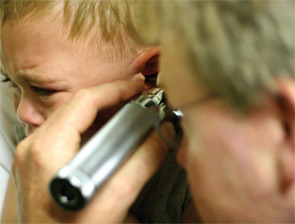
The question of how soon to give antibiotics to children with acute otitis media (AOM) is receiving renewed attention with the publication of two studies that show the benefit of immediate treatment over the “wait-and-see” approach recommended in the 2004 guidelines of the American Academy of Pediatrics and the American Academy of Family Physicians (AAP/AAFP).

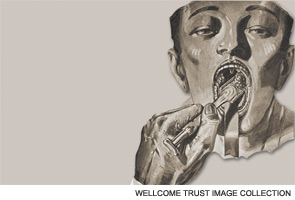
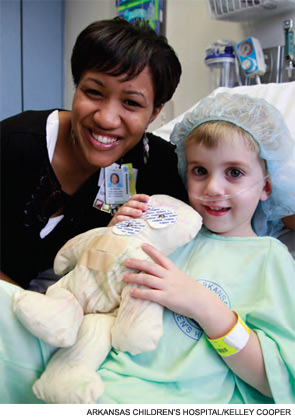
Seven-year-old Michael is scheduled to have a hemangioma removed from his face at the Arkansas Children’s Hospital (ACH) Ambulatory Surgery Center in Little Rock. The morning of surgery, he and his mother meet with child life specialists Cassandra C. James, MS, CCLS, and Camille Dante, MS, CCLS, who show him pictures of the operating room. They let him play with an anesthesia mask and a pulse oximeter, and talk about what to expect when he goes to sleep.